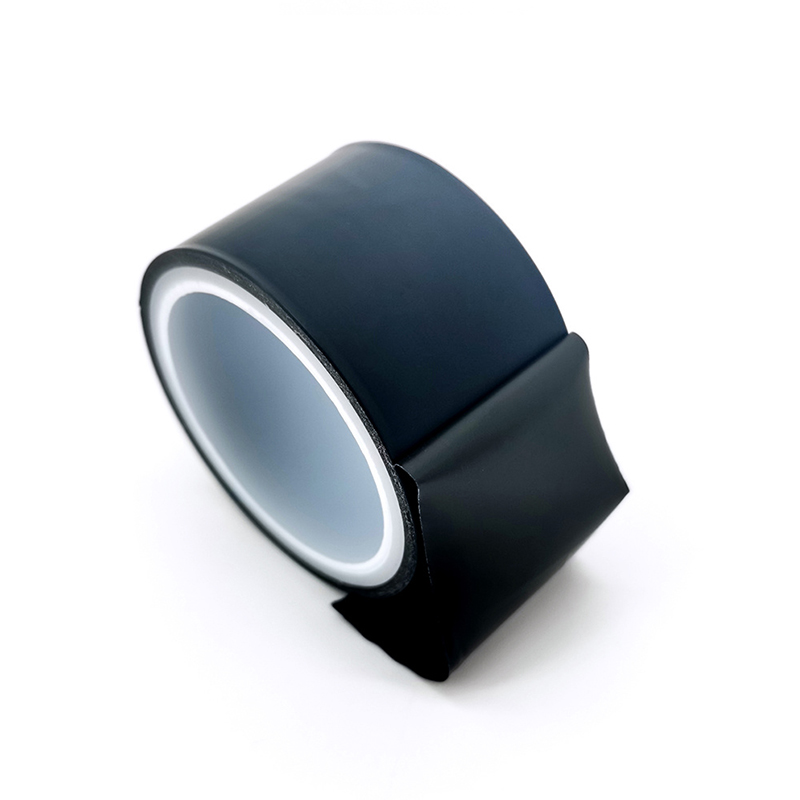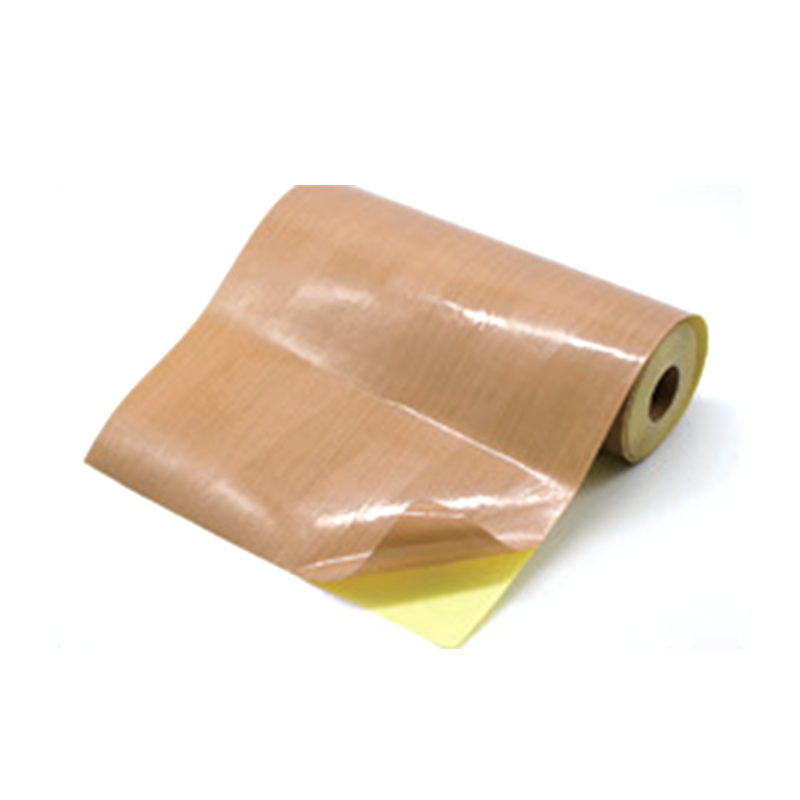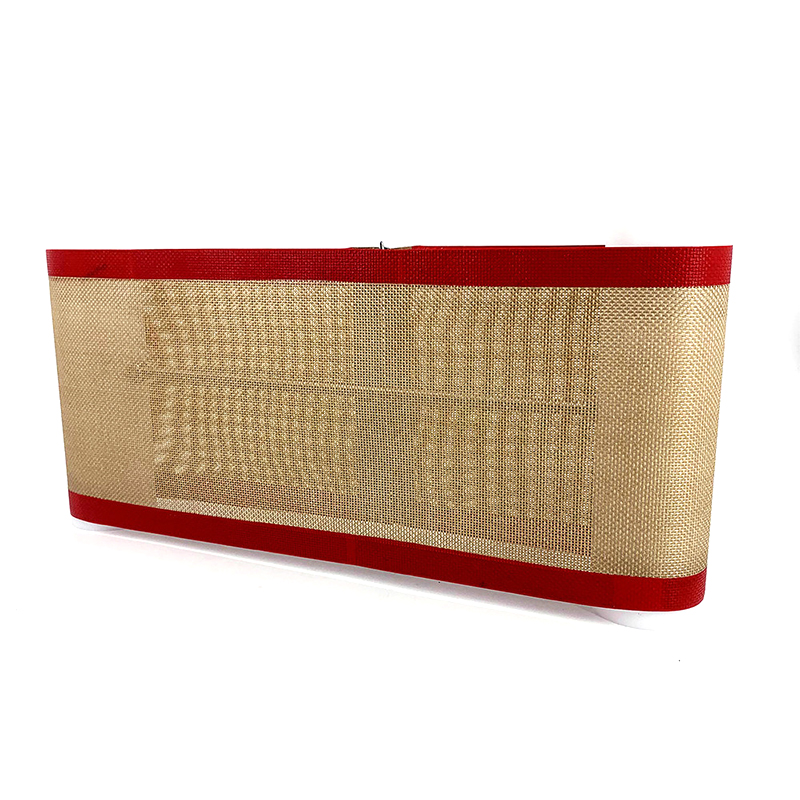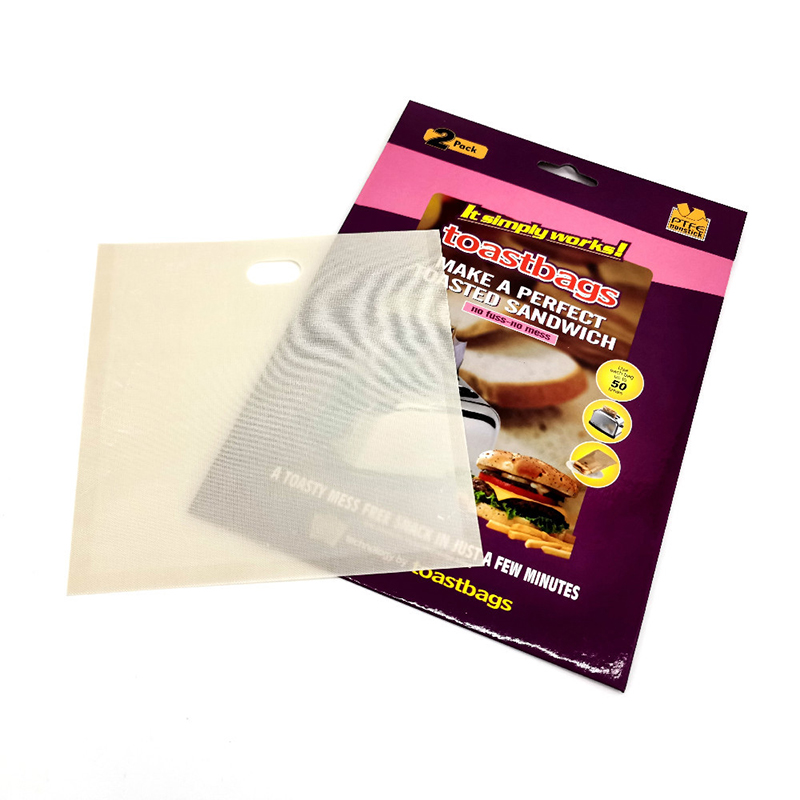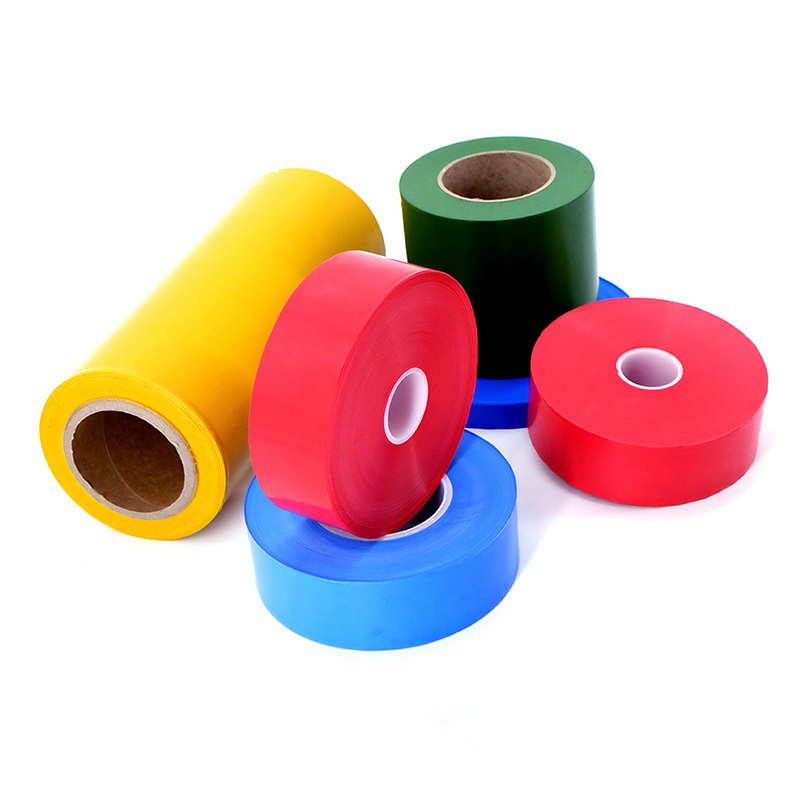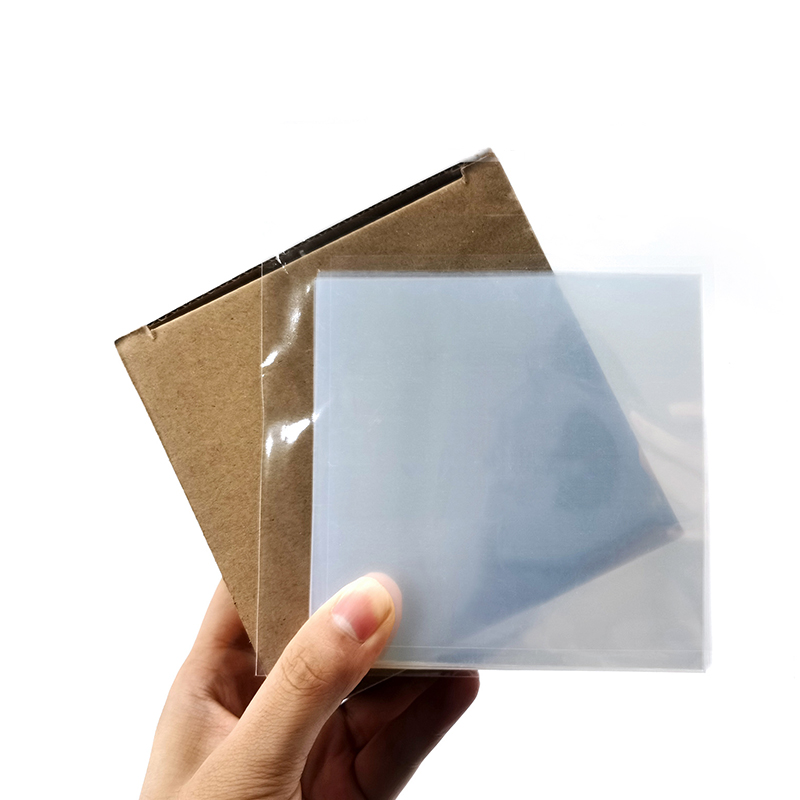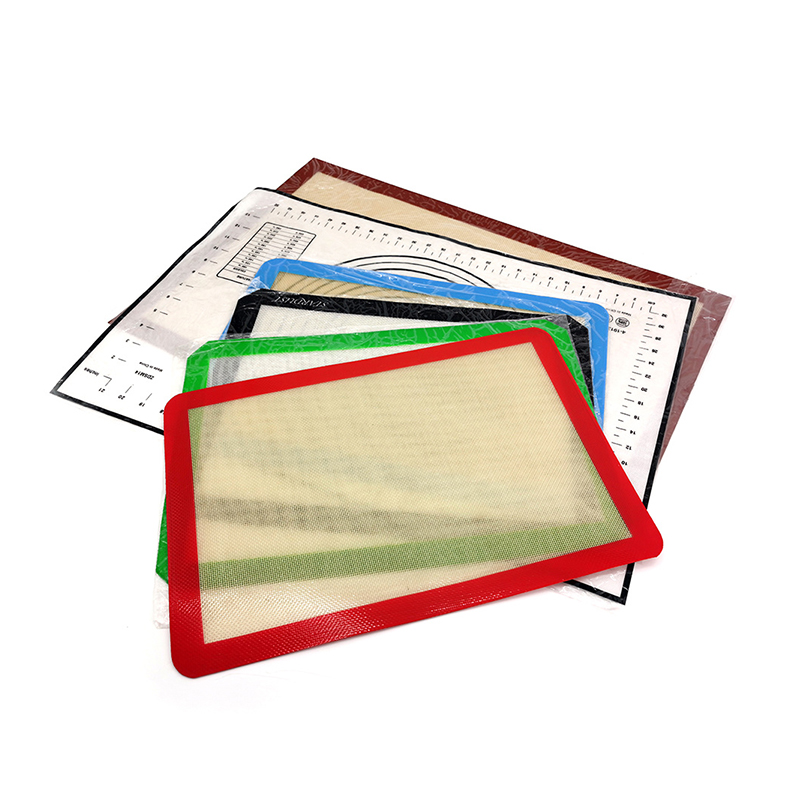PTFE Fabric Tape vs. Standard Tapes: Which One Should You Choose?
Understanding PTFE Fabric Tape and Standard Tapes
Choosing the right tape for industrial or home applications can significantly affect the performance, safety, and longevity of your projects. PTFE Fabric Tape is widely recognized for its superior heat resistance, chemical resistance, and non-stick properties, which make it a top choice for specialized applications. Standard tapes, on the other hand, offer versatility and affordability but may lack the durability required in high-temperature or chemically aggressive environments. Understanding the unique characteristics of each tape type allows users to make informed decisions based on their specific needs, whether it is for mechanical systems, packaging processes, or electrical insulation.
- Overview of PTFE Fabric Tape and its main properties
- Common types of standard tapes and typical use cases
- Importance of choosing the right tape for your application
Key Properties of PTFE Fabric Tape
PTFE Fabric Tape stands out for its exceptional resistance to high temperatures, chemicals, and electrical currents. It is commonly used in specialized industries such as heat sealing, packaging, and electrical insulation. High-quality PTFE Fabric Tape ensures long-term performance and reduces the risk of failure in critical applications. This tape is particularly advantageous when compared to standard tapes, which may deteriorate under extreme conditions or when exposed to chemicals. Understanding the properties of PTFE Fabric Tape helps users select the right tape for industrial machinery, packaging processes, and electrical insulation requirements.
- H3: Heat Resistance and High-Temperature Applications
PTFE Fabric Tape for heat sealing machines is designed to withstand extreme temperatures without degrading or losing adhesive properties. Standard tapes often fail under similar conditions, making PTFE the preferred choice for high-heat applications. This tape provides a reliable non-stick surface that ensures smooth operation in machinery.
- Durable in temperatures exceeding 260°C
- Maintains adhesive integrity under prolonged heat exposure
- Reduces maintenance and downtime in industrial operations
- H3: Chemical Resistance and Non-Stick Surface
High-temperature PTFE fabric tape for packaging is commonly used in industries that handle adhesives, resins, and other chemical agents. Its chemical resistance ensures long-lasting performance and prevents contamination of products. Standard tapes may absorb chemicals, leading to failure or residue formation.
- Resistant to solvents, oils, and acids
- Non-stick surface prevents residue buildup
- Ideal for continuous production lines
- H3: Electrical Insulation Properties
PTFE Fabric Tape for electrical insulation is used to insulate wires, coils, and other electrical components. Its high dielectric strength and heat resistance make it suitable for critical electrical applications where standard tapes may fail.
- Dielectric strength up to 600 volts
- Maintains insulation under high temperature and humidity
- Prevents short circuits and equipment failure
Comparison with Standard Tapes
When comparing PTFE Fabric Tape with standard tapes, several critical differences become apparent. PTFE tape excels in heat resistance, chemical stability, and electrical insulation, while standard tapes are more cost-effective and versatile for general-purpose tasks. By evaluating adhesion strength, temperature tolerance, and application-specific performance, users can determine which tape best meets their needs. Detailed comparisons highlight why PTFE tape is the preferred choice for specialized industrial applications such as roller wrapping or vacuum sealing.
- H3: Adhesion Strength and Versatility
- PTFE tape provides consistent adhesion without residue
- Standard tapes may degrade or leave sticky residue
- H3: Temperature and Chemical Limitations
- PTFE fabric tape withstands high temperatures and chemical exposure
- Standard tapes fail under extreme heat or corrosive environments
- H3: Cost vs. Performance Analysis
- PTFE tape is higher in cost but reduces maintenance and downtime
- Standard tapes are cheaper but may require frequent replacement
- H3: Specific Use Cases
- PTFE Coated Fabric Tape for Roller Wrapping ensures smooth operation and longevity
- PTFE Fabric Tape for Vacuum Sealers prevents sticking and maintains seal integrity
| Property | PTFE Fabric Tape | Standard Tape |
| Heat Resistance | Up to 260°C | Up to 120°C |
| Chemical Resistance | High | Low to Moderate |
| Electrical Insulation | Excellent | Limited |
| Cost | High | Low |
| Durability | Long-Term | Short-Term |
How to Choose the Right Tape for Your Needs
Selecting the correct tape depends on a thorough understanding of your application environment. Factors such as temperature, chemical exposure, electrical requirements, and mechanical stress play a crucial role in determining whether PTFE Fabric Tape or a standard tape is the best choice. By evaluating these factors, users can make informed decisions that ensure performance, safety, and longevity. The right tape selection can reduce maintenance costs, prevent equipment failure, and optimize operational efficiency.
- H3: Evaluating Your Application Environment
- Identify temperature ranges, chemical exposure, and mechanical stress
- Assess the need for non-stick properties
- Determine specific industrial or household requirements
- H3: Identifying Temperature, Chemical, and Electrical Requirements
- Use High-Temperature PTFE Fabric Tape for Packaging in heat-intensive applications
- Choose PTFE Fabric Tape for Electrical Insulation for high-voltage components
- Consider chemical resistance for adhesive or resin handling
- H3: Budget Considerations and ROI
- Balance initial tape cost with long-term durability and performance
- Consider the cost of downtime and maintenance with lower-quality tapes
Tips for Using PTFE Fabric Tape Effectively
Proper application and maintenance of PTFE Fabric Tape are essential for achieving optimal performance. Following recommended surface preparation, application techniques, and maintenance schedules can extend the life of the tape and prevent operational issues. Whether used in machinery, packaging lines, or electrical insulation, attention to detail ensures consistent results and reliability.
- Proper Surface Preparation
- Ensure surfaces are clean, dry, and free from contaminants
- Use degreasers if necessary to enhance adhesion
- Correct Application Techniques
- Apply tape evenly without wrinkles or bubbles
- Use appropriate tension to maintain stability
- Maintenance and Longevity Tips
- Inspect tape regularly for wear or damage
- Replace tape proactively to avoid equipment issues
In conclusion, PTFE Fabric Tape provides unmatched performance in high-temperature, chemical, and electrical applications, making it ideal for specialized industrial needs. Standard tapes are suitable for general-purpose tasks but may fail under extreme conditions. By evaluating application requirements, performance needs, and budget considerations, users can choose the tape that ensures optimal results, reduces maintenance, and improves operational efficiency.
- Summary of PTFE Fabric Tape vs. Standard Tapes
- Final Recommendations Based on Specific Applications
- Encouragement to Select the Right Tape for Long-Term Performance
FAQ
What makes PTFE Fabric Tape superior to standard tapes?
PTFE Fabric Tape is superior due to its high heat resistance, chemical stability, non-stick surface, and electrical insulation properties. While standard tapes may work for general applications, PTFE tape excels in environments that require durability under extreme conditions, such as heat sealing machines, vacuum sealers, or electrical insulation systems.
Can PTFE Fabric Tape for heat sealing machines replace standard tapes?
Yes, it can. PTFE Fabric Tape for heat sealing machines offers long-term performance and reliability where standard tapes may degrade. Its non-stick surface ensures smooth sealing, reducing downtime and maintenance needs in industrial operations.
Is High-Temperature PTFE Fabric Tape for Packaging necessary for packaging lines?
For packaging lines exposed to high heat, using High-Temperature PTFE Fabric Tape for Packaging is essential. It prevents adhesive buildup, withstands prolonged heat, and maintains consistent operation, unlike standard tapes that may fail under such conditions.
How does PTFE Coated Fabric Tape for Roller Wrapping improve machinery efficiency?
PTFE Coated Fabric Tape for Roller Wrapping provides a smooth, non-stick surface that reduces friction and wear. This leads to more efficient machinery operation, longer component lifespan, and minimized downtime compared to using standard tapes.
Can PTFE Fabric Tape for Electrical Insulation be used in high-voltage applications?
Yes. PTFE Fabric Tape for Electrical Insulation has high dielectric strength and heat resistance, making it suitable for high-voltage and critical electrical applications. It ensures safety and prevents equipment failure where standard tapes may not provide adequate protection.



 English
English Español
Español русский
русский
